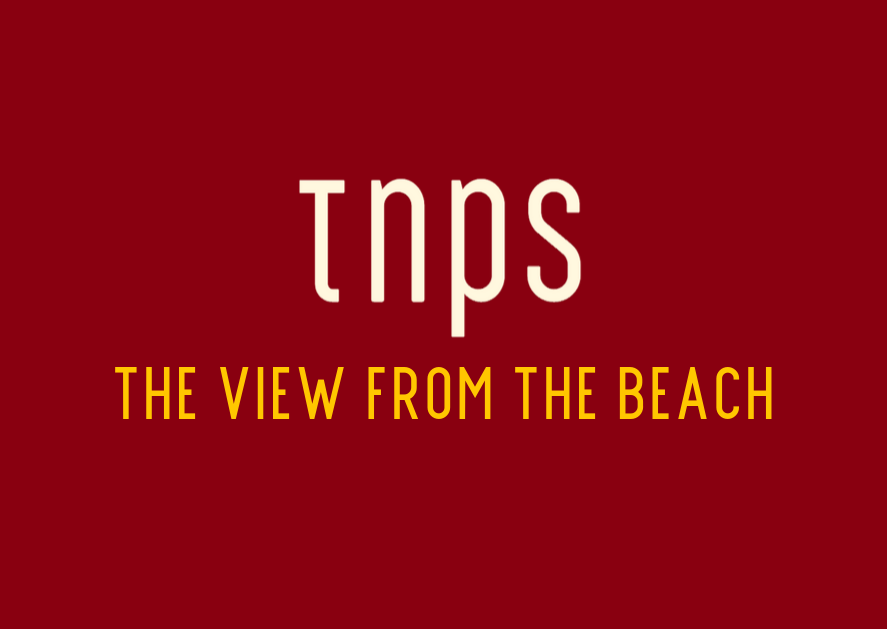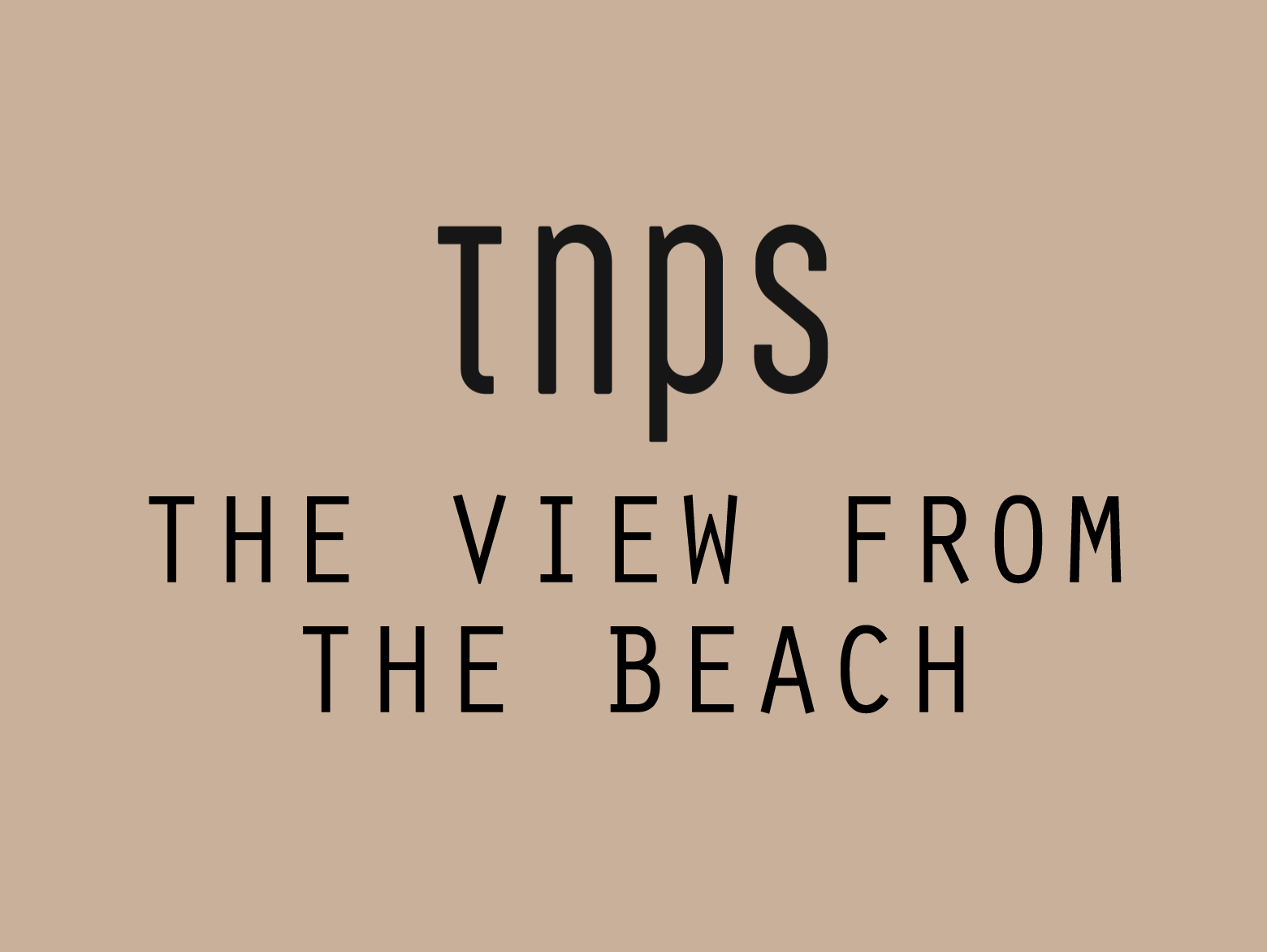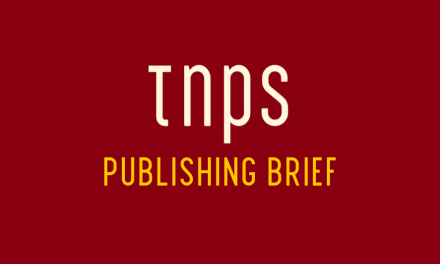In other words, an author of immense talent who chooses to go direct to the consumer has zero chance of winning, while an eligible author has more chance of picking up that £50,000 award if they chose to go with a publisher that has a history of its authors making the longlist.
The thing with the UK-based Booker Prize is that it’s meant to be a celebration of great English-language writing that has been published in the UK or Ireland, but can have been written by authors of any nationality, anywhere in the world.
And one hopes that nationality doesn’t come into the discussions that lead to the longlist and shortlist decisions. Yet with the longlist declared, it’s very hard to see how the shortlist can other than be influenced by nationality considerations when so much industry and broader media reportage is focussed on the fact that four of the long-listees are Irish – something the Booker Prize itself does not let us forget.
Over at Publishing Perspectives, Porter Anderson proclaims, “It’s a great day for the Irish, as Ireland’s writers claim four of the 13 spots on the Booker Prize for Fiction’s newly announced longlist.”
Just in case we were still uncertain on that point, Anderson elaborates: “Four of them are from Ireland, the first time, organizers say, a third of the list has featured Irish writers. Including this year’s longlistees, 37 Irish writers have been recognized by the Booker Prize over the years, making Ireland the country that has produced the most nominees, relative to population size, in the prize’s history.”
Memo to Porter: 4 out of 12 is one third. 4 out of 13 is 4/13ths.
Meanwhile at The Bookseller, Heloise Wood leaves us no opportunity to overlook the Irish element in the longlist, and not just with the “Critics praise ‘fresh and surprising’ Booker longlist but appeal for even more Irish names” headline.
Explains Wood: “Critics have welcomed the ‘challenging and experimental’ nature of the Irish-heavy 2023 Booker longlist and noted ‘the paucity of stardust’, with many lesser-known names featured. Others have complained it is still ‘not Irish enough’, with Anne Enright’s omission cited by many.”
Wood also wants us to know that a third of the 13-strong longlist are Irish (memo to Heloise: 4 out of 12 is one third. 4 out of 13 is 4/13ths), while quoting Kevin Duffy, co-founder of Bluemoose Books mentioning “a host of Irish writers”.
Just in case we still hadn’t got the message, Wood tells us that The Times literary editor Robbie Millen reckons “The biggest problem with this year’s Booker longlist, Britain’s premier literary prize, is that it’s not Irish enough. Yes, four of the 13 authors are Irish but I would also have added three more.”
(Memo to self: Luckily that didn’t happen, because 7 out of 13 is not 1/2. My maths sensibilities have been taxed enough already).
And just in case someone out there somehow missed that cudgel of a message about not enough Irish authors, Wood explains how Irish Times books editor Martin Doyle “similarly believes that other Irish writers should have been listed.”
Once we dive into the actual longlist, the fantasy of the international array of Booker longlist authors rather loses its shine. Four, just in case we didn’t get the message above, are Irish. Four more are British. Bear in mind all titles have to have been published in either the UK or Ireland to qualify, which rather tilts the scales against the rest of the world. Two are American, one Nigerian and one Malaysian.
Every one, I’m certain, deserving of their place on the longlist. But even if nationality considerations did not influence the longlist decisions, the fact that the author’s nationality is now being touted even by the Booker Prize itself means nationality cannot be separated from the shortlist decisions.
From the Booker Prize 2023 homepage dated August 1: “The longlist includes four debut novels, four Irish writers and works originating across four continents, as well as 10 authors who are nominated for the first time.”
I’m sorry. did you not quite catch that? Luckily on the page titled “13 things you need to know about Booker Prize 2023 longlist there’s a reminder: “Short books, books by Irish authors, debut novels, second novels, novels about family, politics and the environment – here’s everything you need to know about this year’s longlist.”
The Prize favours certain authors in other ways too.
Self-publishers are automatically excluded, while proper publishers have submission quotas set according to past success.
“The number of works a publisher can submit will depend on that publisher’s inclusion in longlists from 2016 to 2020, as follows: 1 submission – publishers with no longlisting. 2 submissions – publishers with 1 or 2 longlisting(s). 3 submissions – publishers with 3 or 4 longlistings. 4 submissions – publishers with 5 or more longlistings.”
In other words, an author of immense talent who chooses to go direct to the consumer by self-publishing has zero chance of winning, as does an author not published in the UK or Ireland, while an eligible author has more chance of picking up that £50,000 award if they chose to go with a British or Irish publisher that has a history of its authors making the longlist.





